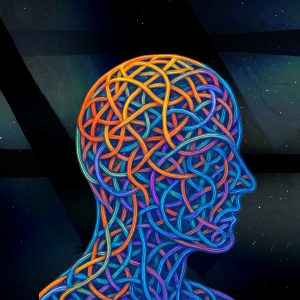
The following is an excerpt from “Freedom Simplified.” Access the full booklet here.
Karma Defined
The word karma refers to our entire structure of thoughts, ideas, and emotions. At each and every moment in our lives, karma forms the basis of our judgment, interpretations, and intentions. It is constantly changing, transforming, and evolving based on the experiences with which our senses come in contact. Our intentions represent the karmic pattern of our past. It is an incredible, yet predictable, machine that governs our behavior next month, tomorrow, or even the very next moment. It is also culturally and biologically imprinted to a large degree.
Each of us is not just some individual, but rather an individual that has been culturally imprinted by all the forces of our environment and past experiences.
Its Relevance to Buddhism
Every moment of interpretation in our lives is based upon our past karmic conditions. These conditions are so fundamental in determining who we are that we will not even be able to imagine ourselves not judging, thinking, or acting while we experience each moment of life.
In Buddhism, freedom refers to freedom from our past karmic conditions.
Rather than simply be a slave to these karmic structures that govern our judgments, intentions, and actions, we can aim to gain some freedom from the immediacy of the machine called “me.” When we practice Buddhism, we are trying to burn out these past karmic structures and gain some freedom in the process.


